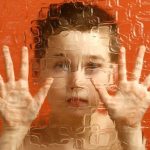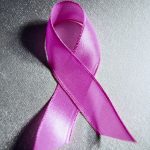
Mindfulness is all the rage when it comes to boosting mental health, but new research suggests that it may not help everyone equally. Practicing mindfulness meditation — which involves paying close attention to what you are feeling in the moment — may be better than doing nothing at all to improve anxiety, depression or lower stress, but it is not a cure-all and may not be any better than other practices aimed at improving mental health and well-being, such as exercise, said study author Julieta Galante. She’s a research associate in the department of psychiatry at the University of Cambridge in the United Kingdom. To arrive at that conclusion, Galante and her colleagues reviewed data from 136 studies on mindfulness training for stress, anxiety, depression and overall well-being that took place in non-medical community settings (such as workplaces, universities, community centers or private studios). These trials included more than 11,600 participants, aged 18 to 73, from 29 countries. Mindfulness reduced anxiety, depression and stress, and increased well-being when compared to doing nothing, the study showed. But in more than one in 20 studies in the analysis, mindfulness meditation didn’t produce any benefits. Not all mindfulness programs are created equally, Galante noted. Differences in how they are taught, where they are taught, who teaches them, and who they are targeted to likely plays a big role… read on > read on >





















-300x200.jpg)










